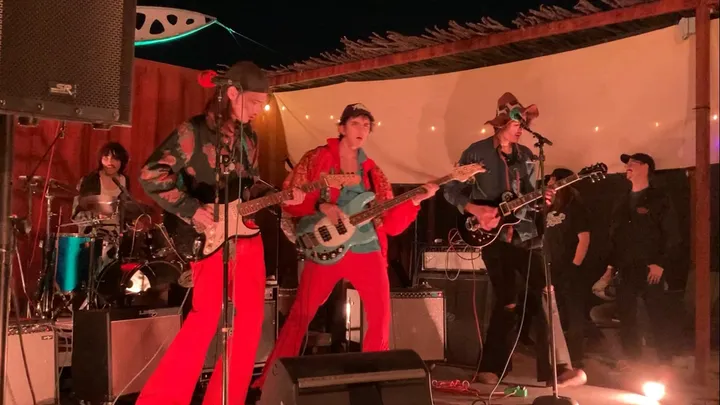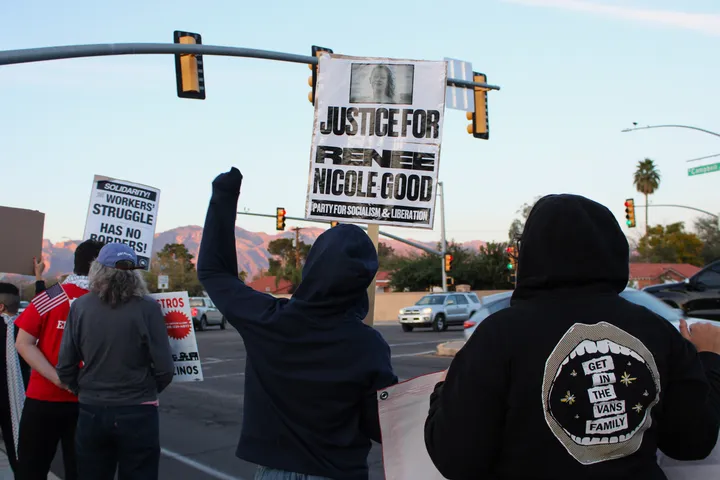SAAF clinic stands firm on gender-affirming care amid national rollbacks
Amid nationwide cutbacks, Tucson’s SAAF Health Clinic continues to provide gender-affirming care for adults, offering a lifeline to the local transgender community.
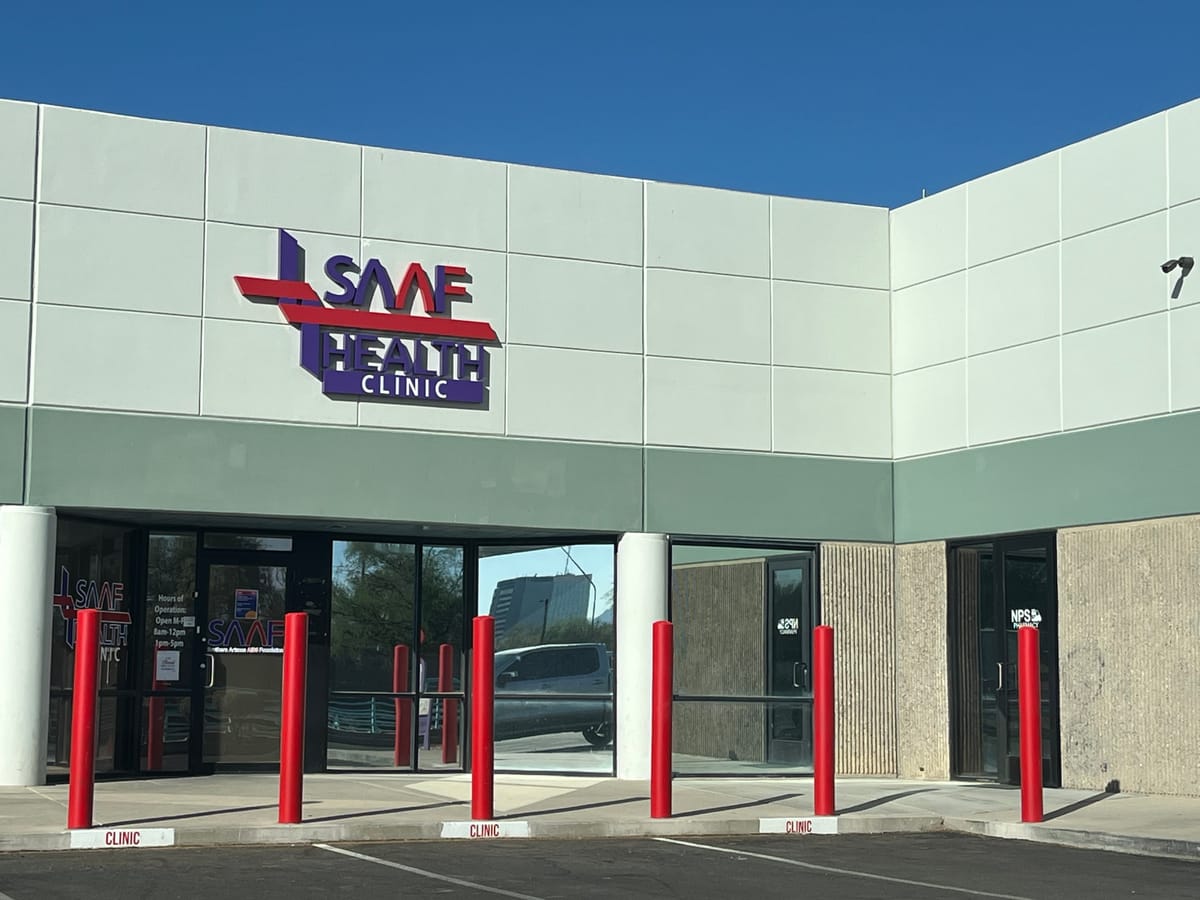
As major health care providers across the country scale back gender-affirming care in response to a federal executive order, one Tucson organization is holding the line.
The Southern Arizona AIDS Foundation has reaffirmed its commitment to offering hormone replacement therapy and other gender-affirming services, positioning itself as a vital resource for the city’s transgender community amid growing uncertainty and fear.
SAAF Health Clinic opened in 2024 as the region’s first LGBTQ-affirming and dedicated health center. It offers services including primary care, mental health support, HIV prevention, sexual health screenings, gender-affirming care including medication and hormone therapy, and supportive services for people living with HIV/AIDS and their families.
It also offers services such as case management, housing assistance and food programs.
And while other local providers — most notably El Rio Community Health Center — have stopped providing gender-affirming care for trans youth to comply with a recent executive order, officials with SAAF Health Clinic say that should orders expand to include adults, they’ll continue to stand their ground.
A Jan. 28 executive order called for a halt to federal funding for any institution providing gender-affirming services to youth under 19. Across the country, and in an effort to avoid losing funding, many hospitals have suspended this kind of care for young people.
In February, El Rio removed all mentions of gender-affirming care from its website, and a few weeks ago confirmed that it would no longer offer hormonal treatment to patients under the age of 19.
The decision follows a 400-page analysis from the U.S. Department of Health and Human Services, published May 1, condemning gender-affirming care for transgender youth.
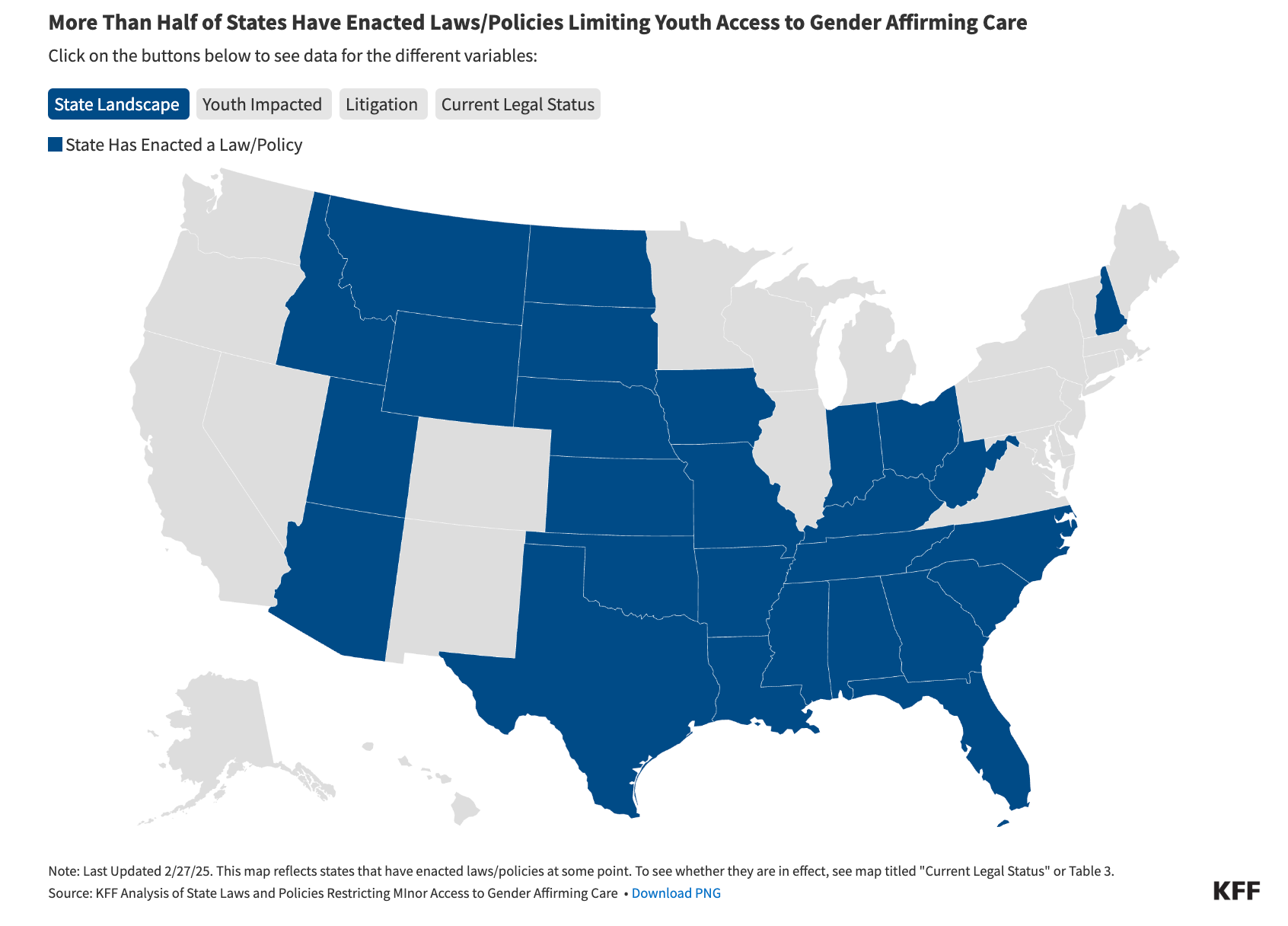
One transgender Tucsonan saw the writing on the wall more than a month ago.
Reece, who has been receiving gender-affirming care from El Rio for over a year, said their overall experience at the facility was “really great.” But in the months following the executive order, they said the climate within the facility was noticeably different.
“They’re nervous over there, I guess,” they said. “When I had a nurse help me learn how to do a shot a couple months ago, she was actually crying about the state of the country and how everything was going.”
Reece said they believed El Rio’s medical staff was fearful that patients would no longer be able to access gender-affirming care.
This worry has been prevalent among Tucson’s transgender community, even for non-minors like Reece. Reddit posts have appeared in recent weeks with people in Tucson asking where they should go if El Rio were to cease hormonal care.
“A nurse told me they’ve got people in place to get medication from Mexico if need be,” Reece said. “My backup plan was to go to Mexico.”
While the January executive order is focused only on “the so-called ‘transition’ of a child from one sex to another,” the uncertainty for transgender people of all ages continues.
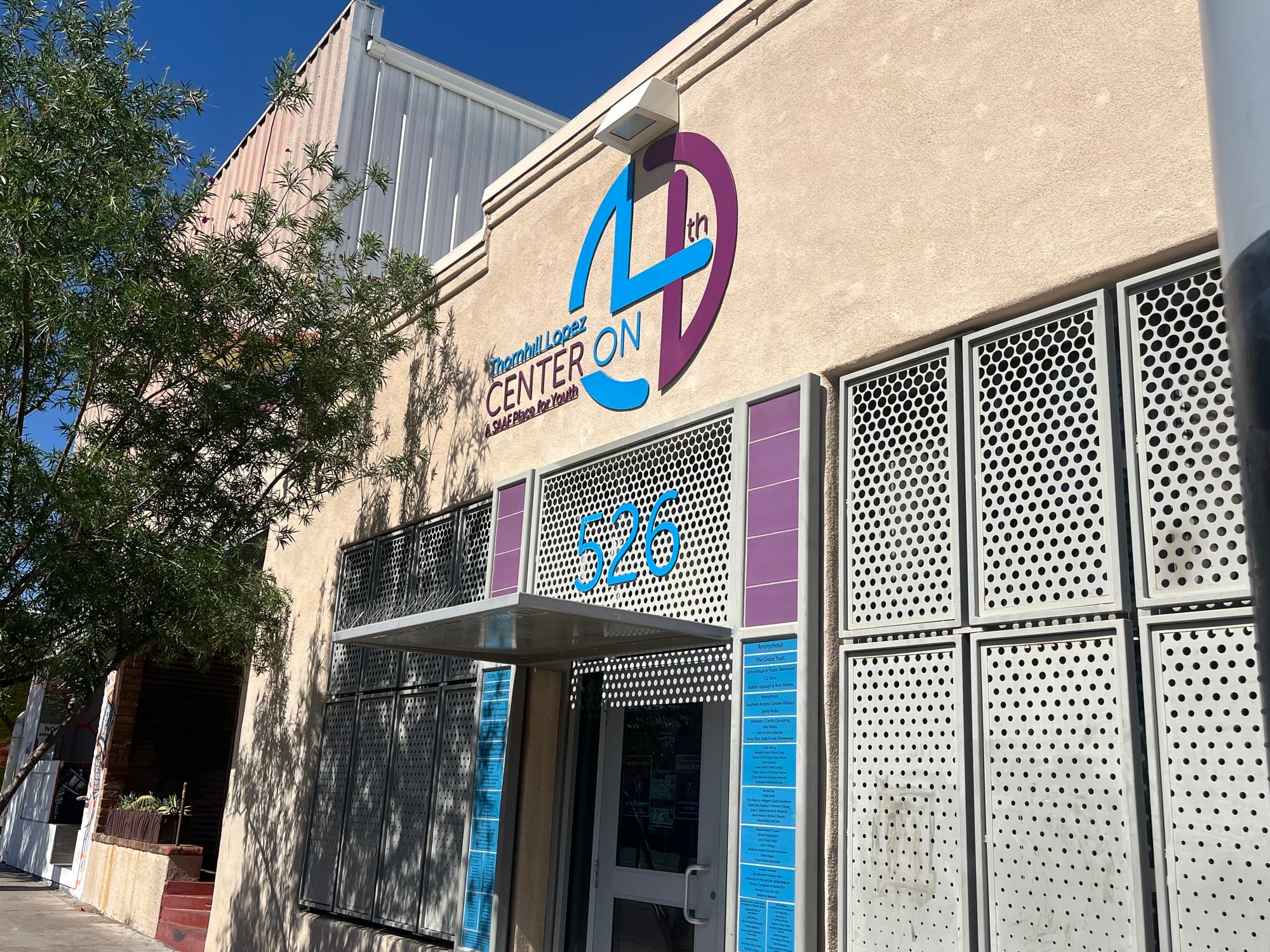
The Tucson Sentinel spoke with parents of some of El Rio’s transgender youth patients who were told that while their children can still receive counseling and pediatric care from the facility, they would need to receive hormonal care elsewhere.
“I’m pretty nervous that they’re going to have to discontinue gender-affirming care altogether,” Reece said. “Even though they have a backup plan in place to keep giving medication, it’s still like ‘how do I have follow-ups with my doctor?’”
An El Rio Community Health spokesperson did not respond to multiple requests for comment.
While El Rio’s decision has taken a toll on the local transgender community, other organizations, like SAAF, are trying to maintain care.
While SAAF does not yet anticipate expanding its gender-affirming services to minors, interim Chief Executive Officer Beth Morrison said their health care services will remain unchanged.
“If threats to this critical funding materialize, we are deeply concerned about the harm it could cause to many in our community. SAAF Health will work closely with partners to continue offering gender-affirming care, including HRT for adults,” Morrison said. “We are monitoring the situation closely and remain hopeful that we can find sustainable solutions to ensure ongoing access to the care our community needs.”
For both transgender youth and adults, the future of gender-affirming care feels unstable under the current administration. And it’s not enough for providers to only offer counseling while directing patients to seek hormonal care in another country, Reece said.
“Just because they have a backup plan in place doesn’t mean it’s necessarily going to work,” they said. “It could all fall through.”
Olivia Krupp is a University of Arizona alum and Tucson Spotlight intern. Contact her at oliviakrupp@arizona.edu.
Tucson Spotlight is a community-based newsroom that provides paid opportunities for students and rising journalists in Southern Arizona. Please support our work with a paid subscription.

